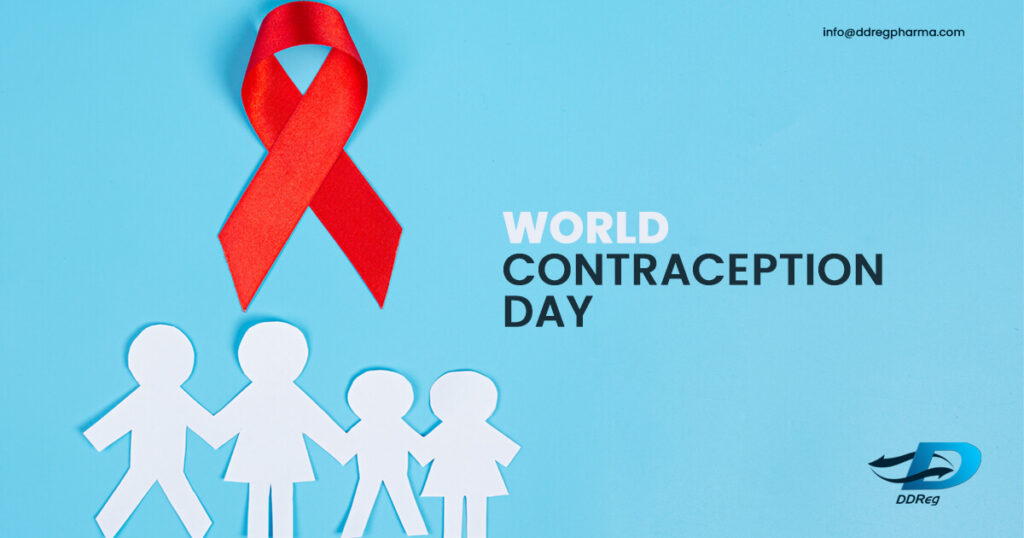Access to contraceptive options for reproductive health helps women in achieving their reproductive goals by allowing them to plan and have safe pregnancies. Spacing pregnancies is beneficial for maternal health and allows women to pursue other priorities such as education or work. In developing countries, maternal morbidity and mortality rates are relatively high and evidence suggests that by controlling un-planned pregnancies, non-abortion-related maternal deaths could be reduced by 30% (1). Furthermore, consequences of unplanned pregnancies such as unsafe abortions account for around 13% of maternal deaths around the world where the majority occur in developing countries particularly in those countries where there is limited or no access to safe abortion (2). Women in developing countries face more barriers in obtaining contraception compared to women in developed countries for various reasons including cost, physical access, and lack of contraception choice among others.
Physical access to family planning clinics is limited in rural areas of developing countries where women are required to travel long distances. Even if they reach these clinics, women face other challenges such as limited or shortage of choices in contraceptive methods and lack of long-acting reversible contraceptives (3). In developing countries with low-income, contraception expenditure can account for around 5% of the household income. In sub-Saharan African countries, this percentage rises to around 20% (4). Therefore, the need for cost-effective, long-acting reversible contraception that require minimal interference is relatively high for women in developing countries.
Long-acting reversible contraceptive can be non-hormonal i.e., copper/copper-silver intrauterine devices (IUDs), or progestogen-only IUDs, injectables, and subdermal implants. Depot preparation containing Medroxy-progesterone for 3-month contraceptive activity is well known (5). Subdermal implants are also available that are usually rods that are inserted into the upper arm of a woman effective for 3+ years; a variety of progestin-containing implants exist such as levonorgestrel or etonogestrel that demonstrate lower failure rates compared of oral contraceptives and intrauterine devices (6).
A number of such IUDs and Implants have been prequalified by the World Health Organization (WHO) through its Prequalification of medicines Programme (PQP) based on safety & clinical data. Furthermore, manufacturing facilities for such products have also been assessed to ensure compliance to WHO Good Manufacturing Practices. The long-term goal of the PQP is to increase availability and access to high quality treatment options by helping manufacturers maintain compliance with international standards and helping regulatory authorities for their implementation (7). By granting prequalified status to such long-term contraceptives, their registration process in various countries becomes accelerated which allows quicker access to them.
DDReg has actively been involved in obtaining WHO PQ and subsequent registrations for a range of female reproductive health products for its customers. In doing so, and achieving rapid market approval in various markets, consumers will have better access to a variety of female reproductive health products for safe and effective family planning.
References and further reading
- Collumbien M, Gerressu M, Cleland J. Non-use and use of ineffective methods of contraception. In: Ezzati M, Lopez AD, Rodgers A, Murray CJL, eds. Comparative Quantification of Health Risks: The Global and Regional Burden of Disease Attributable to Selected Major Risk Factors. Geneva: World Health Organization; 2004:1255–319
- World Health Organization. Unsafe Abortion: Global and Regional Estimates of the Incidence of Unsafe Abortion and Associated Mortality in 2008. 6th ed. Geneva: WHO; 2011

